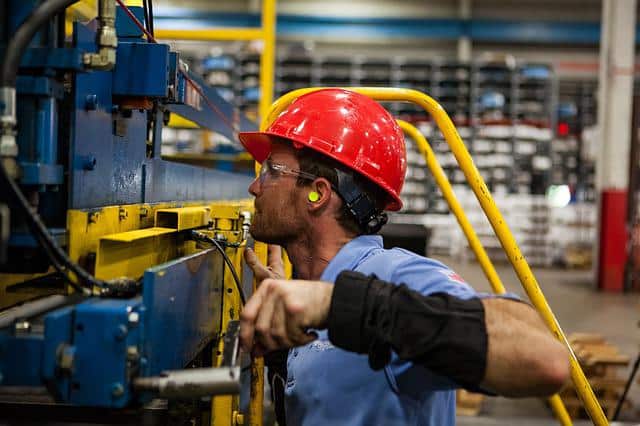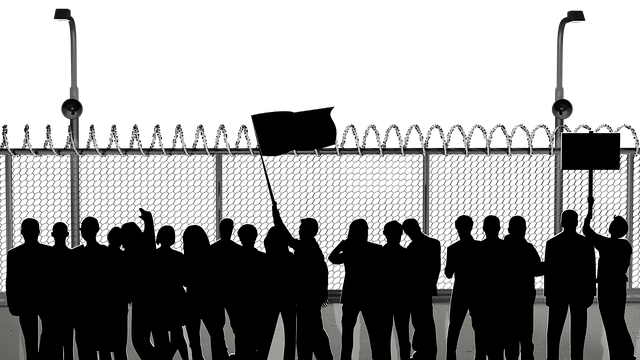
The members of the working class do not own the means of production, so they must sell their labor power.
The etymology of class takes us to the Latin word classis . It is a term that has several meanings: on this occasion, we are interested in staying with its meaning as a category or grouping.
Social , on the other hand, refers to that linked to society. Society is also called the set of individuals who live in the same territory and are organized according to common rules.
From these definitions, we can understand what the working class is. This is the name given to the group formed by workers who, in a capitalist society , deliver their labor force and in return receive a payment (a salary ).
Working class concept
The idea of the working class arises within the framework of the division of society into classes. For analytical and study purposes, it is common to establish a social stratification , with which citizens are grouped according to their level of income, status and other factors.
With the division of society into classes, the inequality that exists in a community is represented. Goods , both symbolic and material, are distributed without equity and thus hierarchies arise.
In this framework, a distinction can be established between the bourgeois class and the working class . While the working or proletarian class provides the labor , the bourgeois class owns the means of production .

The strike is a resource of the working class to demand improvements in working conditions.
Different views
As can be seen, in the first instance the concept of the working class is related to the ownership of the means of production : this group includes those who do not own the means in question, which forces them to sell their labor power. in the market . In any case, there are different views on this notion.
The focus on the means of production is present in the texts of Friedrich Engels and Karl Marx . Today, it is common to include in the working class specifically those who work in the industrial field in exchange for a salary , leaving out employees in the service sector, the self-employed and farmers, for example .
The use of this conception, in any case, is political. Trade unionists , socialists and communists , among others, often talk about the working class. Right-wing leaders and thinkers, on the other hand, tend not to use the expression.
The struggle of the working class
Many analysts maintain that, in a society divided into classes, there are antagonistic interests. Class struggle occurs when each class seeks to improve its position and satisfy its needs, often to the detriment of another sector.
A frequent demand of the working class is based on the demand for better working conditions . In general, the proletariat demands higher wages and various protection mechanisms that allow it to address its vulnerability in the social structure (such as compensation and unemployment insurance ). These requests are usually channeled through unions and can lead to the implementation of protest measures such as strikes and demonstrations .
It is important to point out that the union struggle does not usually aim to promote a change in the social system; That is, it does not seek a revolution , but rather to help progress or social ascension. Marxism , on the contrary, places the working class at the center of the revolutionary movement that leads to the abolition of capitalism to establish a classless society .
